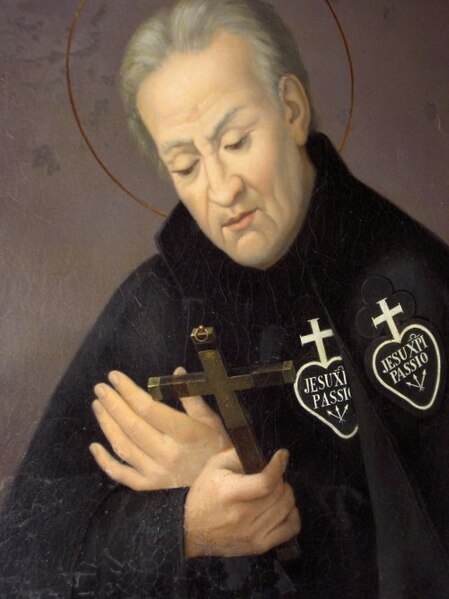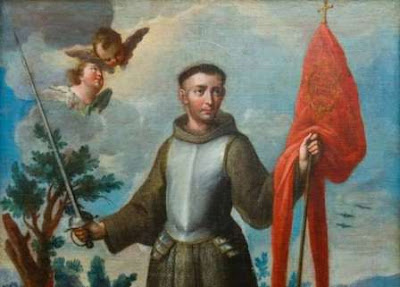From Shower of Roses.
So should we celebrate it? Why shouldn’t we celebrate all the saints? We probably have many family members in heaven that the Church has not canonized as saints, but they are saints nonetheless! What about all the spooky and scary and yes, evil things associated with Halloween. Here is where prudence comes into play. We don’t celebrate and glorify evil! Evil can be associated with many things that are good and holy, such as Good Friday, when Christ was crucified. However, God’s grace can bring great good out of terrible evil. Christ’s death on the cross was the sacrifice that brought about our salvation. How we commemorate Halloween can be an expression of joy for the memory of all the saints. It is also a secular holiday that can be enjoyed for the pleasure of treating children. We can add our own Catholic twist to it by blessing the children who come to our doors. May all the Saints pray for us!





.jpg)







 *
*




